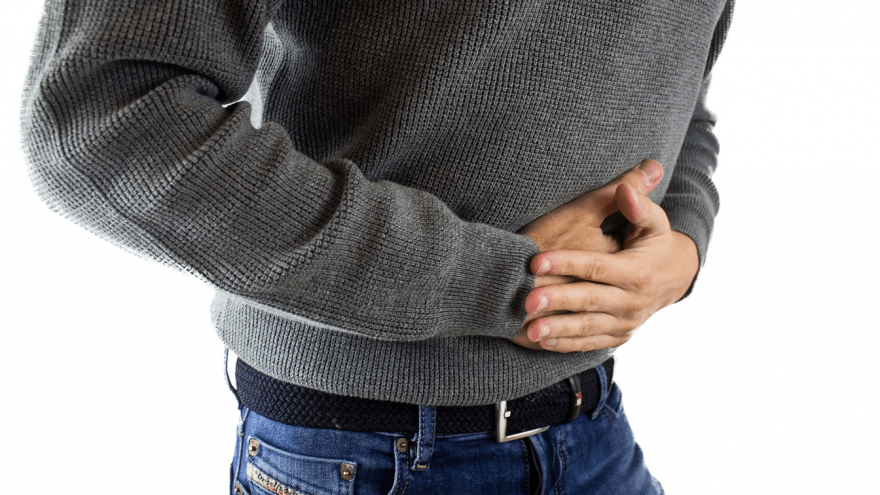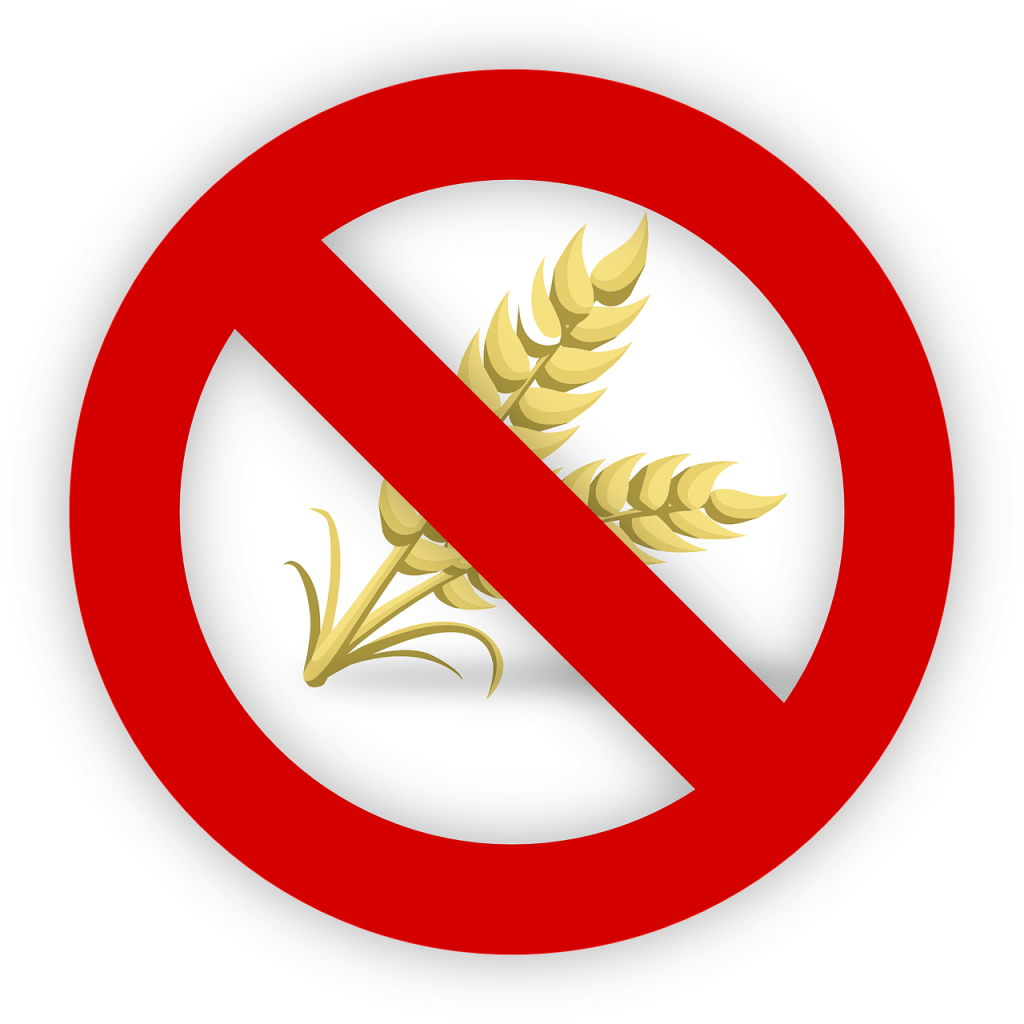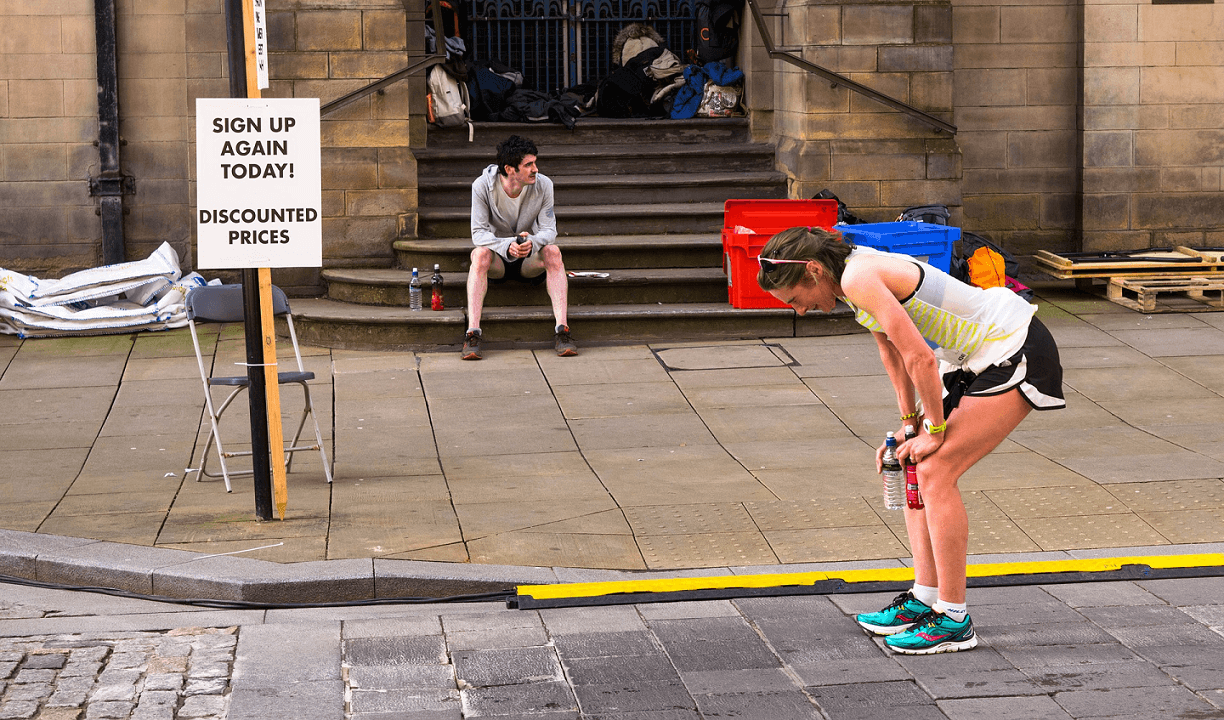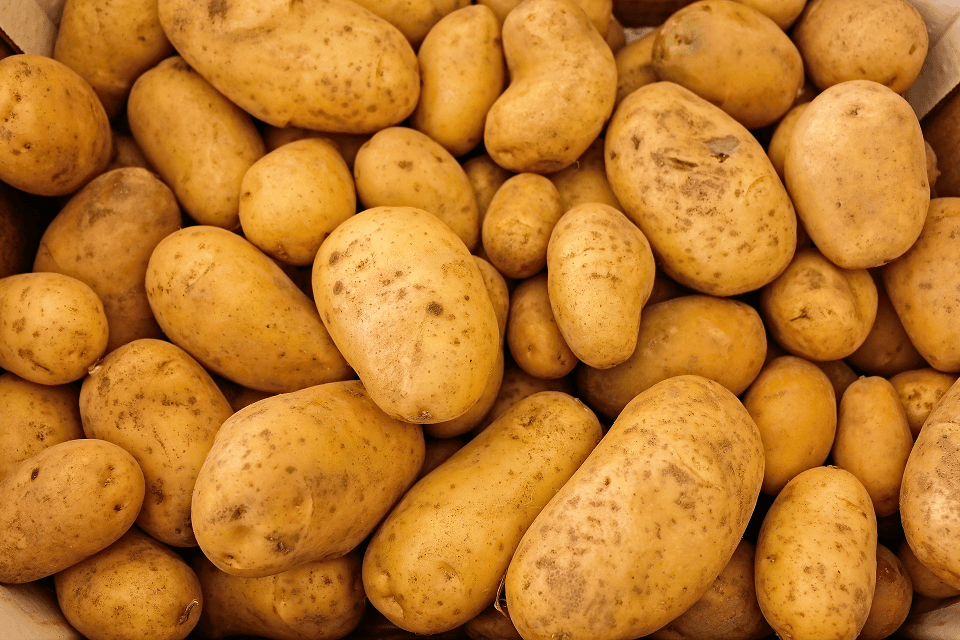Running with Celiac Disease: What You Need to Know

The term “gluten free” has become a buzz word of our time. Gluten free breads, pastas and cookies can be found on most supermarket shelves, and many takeout chains now offer gluten free options at an extra cost. And while for many the purchasing of gluten free foods is a matter of personal preference, approximately 3 million Americans have no choice in this regard. Celiac disease sufferers need to go gluten free, or potentially face a whole list of serious medical consequences.
What is Celiac Disease?
But what exactly is celiac disease? It’s basically an autoimmune disorder that is triggered when sufferers eat gluten, a protein found in wheat, barley, rye and other grains. Ingesting gluten causes an overreaction in the bodies of celiac disease patients, as well as damage to the villi (or small, finger-like protrusions) of their small intestine.

Potential Long-Term Negative Consequences
If the disease is not managed correctly, the ability of damaged villi to absorb nutrients is inhibited over time, which can have a whole list of potential negative consequences. These include:
- Malnourishment
- Diabetes
- A loss of bone density
- Infertility
- Miscarriages in women
- Poorly controlled hypothyroidism
- The start of certain neurological diseases
- The start of certain cancers
Common Symptoms of Celiac Disease
Note that celiac disease is not a food allergy. While a wheat allergy may cause itchy or watery eyes and difficulty breathing when ingesting wheat, the ingestion of gluten can have a range of different symptoms for adult celiac disease sufferers. These include:
- Intestinal problems, like constipation, gas or diarrhea
- Pain in the abdomen
- Anemia
- Nausea
- Dermatitis herpetiformis, or an itchy, blistery rash
- Headaches
- General fatigue

- Ulcers of the mouth
- Heartburn
- Weight loss
- Joint or bone pain
Formally diagnosing celiac disease can, however, be extremely difficult, given the fact that not all sufferers experience some or even any of the symptoms listed above. Since damage to the villi is a long and slow process, it may take years for someone to get a correct diagnosis. In fact, experts reckon that as little as 20% of celiac disease sufferers ever get a proper diagnosis.
The Impact of Celiac Disease on Running
As discovered by Olympic celiac runner, Amy Yoder Begley, the disease, if left untreated, can have a serious impact on both training and running performance. Before her diagnosis, Begley would severely dehydrate during even the shortest races (as a result of ongoing diarrhea), and consequently take days to fully recover. Begley experienced a drastic improvement shortly after being diagnosed and embarking on a strict gluten free diet, but admits that the disease made both her body and performance suffer pre-diagnosis.

But the challenges don’t end when a diagnosis is made. Since following a strict gluten-free diet is the most important component of the ongoing treatment or management of celiac disease, the question of fueling for longer runs and races without ingesting gluten may also present some difficulty.
Tips for Managing Celiac Disease as a Runner
Sports medicine doctor, Cathy Fieseler, is quick to put the minds of celiac runners at ease. According to Fieseler, a number of carbohydrate-rich foods that do not contain gluten can be used for fueling purposes for running, including potatoes, rice and fruit. Fieseler also recommends that celiac disease patients enlist the help of a nutritionist with experience in this area to compile an individual fueling strategy. This includes the safe prescription of suitable and necessary supplements.

Practical Tips from an Amateur Celiac Runner
And while it is best to get professional help with finding a diet that works best for you, it’s sometimes helpful to see what works for others in the same boat. For amateur celiac runner, Elaine Smithies, a pre-long run breakfast of scrambled eggs on gluten free toast, along with a big mug of green tea (which she uses to drink her prescribed iron and Vitamin C supplements) does the trick. She usually precedes this with a plate of (gluten free) meatballs and spagetti the night before her long run or race.
As for fueling while running, Smithies has found that half a Nakd Bar, a few Dextro Energy tablets and enough water easily gets her through the half-marathon distance. Post-run, Smithies opts for a milky mug of hot chocolate, a banana or rice cakes with almond butter. And, of course, there’s always the option of a gluten free bagel and (gluten free) beer!
Tips from an Olympic Celiac Runner
Olympian Begley, on the other and, always travels with a bag of “safe” foods in case she can’t find what she needs in a hurry. She also stresses the fact that it’s important to get over being shy and not wanting to inconvenience anyone. Says Begley: “I ask a lot of questions and am not afraid to send food back if it isn’t right. I hate to waste food, but I hate being sick even more”. And lastly, but perhaps most importantly, Begley warns about ingesting too many overly processed gluten free alternatives. “It’s important to avoid many of the GF alternatives, not only are they more expensive, but they are more processed and often more calorically dense”, she says. Instead, Begley recommends opting for less processed gluten free options, as well as more fruits, veggies and ancient grains.
Not a Death Sentence
So while adapting to a gluten free lifestyle as a celiac runner can take some getting used to, most nutritional advice for runners can be adapted to being gluten free. A growing awareness about gluten free living furthermore means that many eateries and events offer healthy, alternative options. The key lies in getting expert guidance, and then experimenting and finding what works for you. Or, as Smithies puts it: “Always give yourself time to try out what works best for you, and if something doesn’t work one day, don’t worry, just try something different next time”.
Sources
- , What is Celiac Disease?, Online publication
- , Ask the Coaches: Running With Celiac Disease, Online publication
- , Gluten free tips from a Coeliac runner, Online publication
- , Amy Yoder Begley On Running Gluten-Free, Online publication
Latest Articles
 Is Running on a Treadmill Easier Than Running Outside?Runners have their own preferences, whether it is treadmill running, running outside on the road, or exploring trails. So...
Is Running on a Treadmill Easier Than Running Outside?Runners have their own preferences, whether it is treadmill running, running outside on the road, or exploring trails. So... Is It OK to Use Trail Running Shoes on the Road?While trail running shoes can be used on roads, especially in situations where a runner encounters mixed terrains or pref...
Is It OK to Use Trail Running Shoes on the Road?While trail running shoes can be used on roads, especially in situations where a runner encounters mixed terrains or pref... How to Fix Sore Quads After Running?Rest, ice, gentle stretching, and over-the-counter pain relievers can help soothe sore quads after running. Also, ensure ...
How to Fix Sore Quads After Running?Rest, ice, gentle stretching, and over-the-counter pain relievers can help soothe sore quads after running. Also, ensure ... 10 Fruits With The Most Electrolytes to Replace Sports DrinksThese fruits are high in electrolytes such as potassium, magnesium, and calcium, essential for hydration, muscle function...
10 Fruits With The Most Electrolytes to Replace Sports DrinksThese fruits are high in electrolytes such as potassium, magnesium, and calcium, essential for hydration, muscle function...

